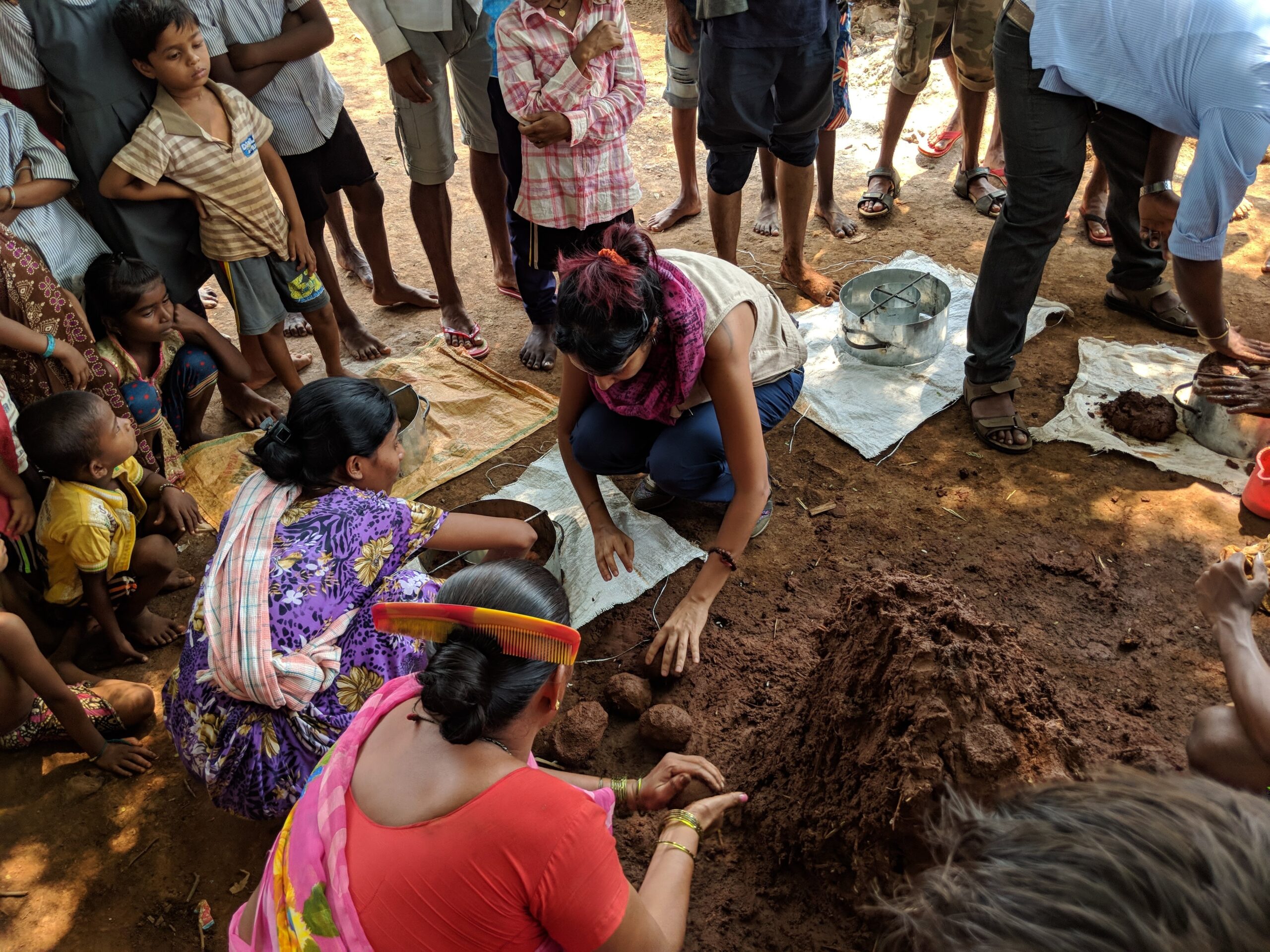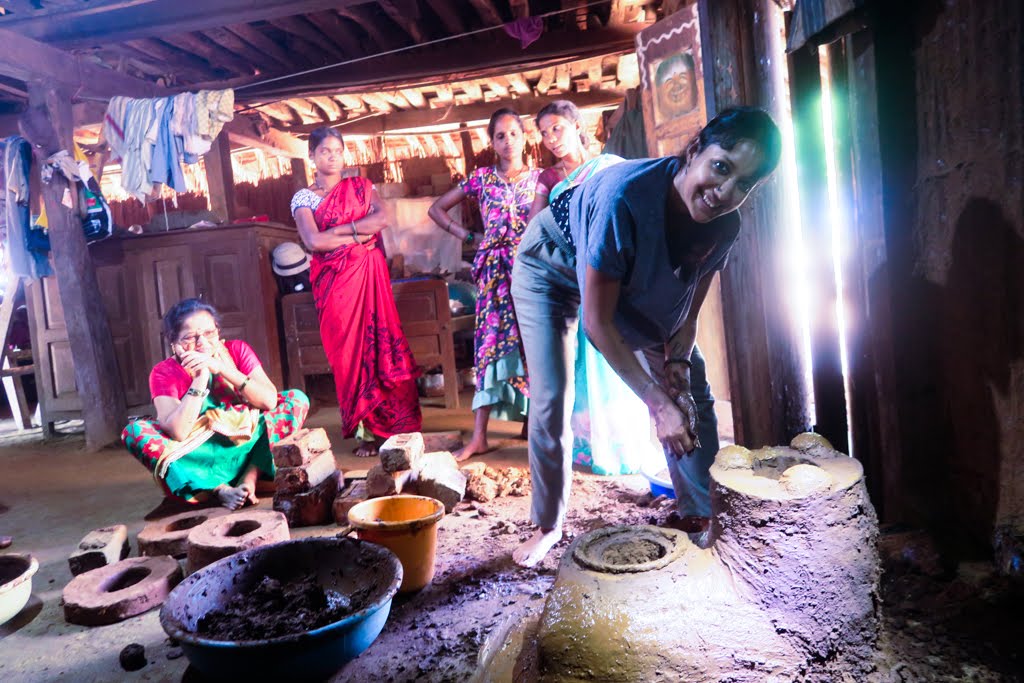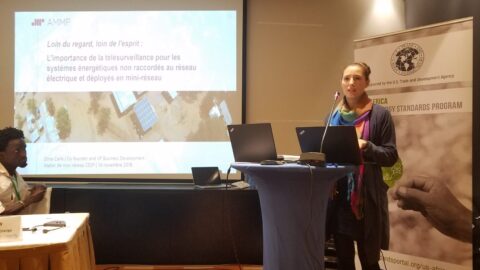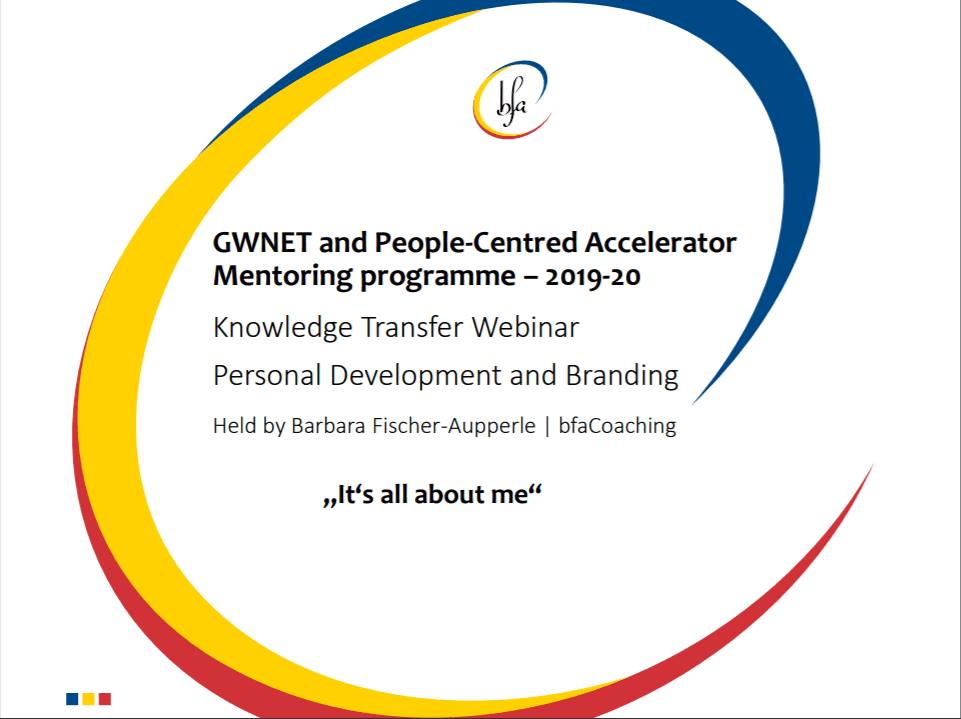GWNET brings you the 19th instalment of the “Meet the Women in Clean Cooking” series which celebrates the work and achievements of the women who are part of the Clean Cooking Mentorship Program. This program is made up of 30 mentee-mentor tandems, with mentees from over 15 countries. Meet Clean Cooking mentee, Nitisha Agrawal, the Founder of Smokeless Cookstove Foundation in India
1) Tell us a little about yourself. What do you love most about what you do?
Before I stumbled into the world of cooking and energy, I was leading a restless and high profile corporate life which although successful seemed somewhat unfulfilled. It’s perhaps this restlessness that led me to this world in the most serendipitous manner.
As I take on each day, my mind is constantly filled with thoughts and ideas as to how I can enhance my work in clean cooking by reaching out to more families and better and more effective solutions, while also seeing more transitions in the overall energy scenario in a rural Indian household.
I absolutely love the fact that this work takes me into the homes and kitchens of families across India and allows me to share meals and stories with them. I am also fascinated by the data that emerges from the adoption of a clean cooking solution and what tremendous potential it may have to change the life and environment of its user.
I also love documenting the cultural nuances of our user communities in form of stories and blogs, as cooking practices project a way of life for a community, setting them uniquely apart from others in a way that is oftentimes ignored or overlooked.

2) What were your goals when you started working in clean cooking? How have these evolved?
My journey into clean cooking has not been intentional or planned. It has been by chance and I couldn’t have been happier and more humbled about it. Since I forayed into this space with no understanding of the issue and its related sector, each phase of the journey has been overwhelming and educative.
I set up my Foundation – Smokeless Cookstove Foundation early on in this journey with the intention of delivering our grassroots programme “Self Made Zero Cost Smokeless Cookstoves” through training and capacity building. This goal is now evolving beyond introducing the user community to this concept towards helping them earn a livelihood through our intervention. We are now graduating towards the idea of ‘Clean Cooking for Livelihoods’.
Through this evolution, we can see a higher level of interest, scale, adoption and sustainability of clean cooking.
 I have also seen my own orientation in clean cooking move towards a bigger picture which includes Sustainable Development Goals and their long term impact on the development of women. The three pillars of Climate Change, Sustainability and Gender Equality is where I would like to build on through the voice of the community – Rural women in India.
I have also seen my own orientation in clean cooking move towards a bigger picture which includes Sustainable Development Goals and their long term impact on the development of women. The three pillars of Climate Change, Sustainability and Gender Equality is where I would like to build on through the voice of the community – Rural women in India.
3) What are the opportunities for clean cooking in your country?
On one hand, India contributes to around 25% of global fatalities related to Household Air Pollution and inefficient cooking practices. In my opinion, there is little general awareness of the importance of clean cooking and the available solutions.
This indicates that there is a huge opportunity for the sector to develop in terms of multiple solutions and also to be involved in it as a career choice. With an emerging focus on aspects of climate change, environment, sustainability, carbon emission reductions, and gender equality, clean cooking sits at the centre simply because it impacts a large strata of society.
Hence, with India being at the centre of many global discussions related to these themes and bearing the physical impact of climate change, clean cooking presents itself as a huge and urgent need.
One of the biggest challenges I faced in the sector when I came in as a complete outsider was to look for guidance and mentorship from people and organizations who have been working in clean cooking. And for a long time, this was a blank space. Mostly driven by instincts and my past corporate experience, I took decisions with some calculated risks almost single-handedly in moving ahead.
Another challenge I faced was the lack of available data and financial aid related to the clean cooking sector, specific to India. I still find it difficult to access large scale case studies specific to India as a benchmark for learning.
Also, avenues for financial aid for small not-for-profits like mine is a huge and continuous challenge. However, with diligent efforts, our work at Smokeless Cookstove Foundation is starting to get noticed and I have applied for membership at some forums and industry bodies supporting work in the clean energy sector in India. Through these interactions and networking opportunities, I have formed a network of individuals with whom I discuss ideas and opportunities within the sector.
While financing, data and case studies still remain a challenge, I see that with the involvement of some larger players within the clean cooking sector, there is an emergence of a more organized way of addressing this issue and I am really excited about playing my role in the years to come.
One of my most crucial goals is to bridge the gap between a clean cooking solution maker and its user. And this will need to be achieved through the application of multi-layered solutions in diverse scenarios where the user also has a clear stake and voice in the process.
Through my work in clean cooking projects, I would like to use transparent evaluation and feedback metrics to gauge the rightful usage of a solution and the success of a clean cooking programme. And finally, as I have mentioned above, I am keen to build on the model of ‘Clean cooking for livelihoods’ for women in India as a way to achieve scale and hence the desired impact.
The mentorship programme allows me to hear and discuss some of these ideas with like-minded women, sector practitioners and leaders on a global platform. This gives me the confidence to keep moving along this journey. I am extremely keen to look at a for-profit entrepreneurial venture in clean cooking and clean energy solutions in the next 3 to 5 years, thereby building a team of energetic and passionate women.

6) What advice would you give to women hoping to join the clean cooking sector?
Clean cooking is about, for and by women and hence more and more women should consider being involved in its value chain. The sector needs more young and passionate women to consider taking leadership and steering roles in clean cooking, simply because women understand this issue better than their male counterparts.
Through my personal experience, I have seen that when a woman talks about clean cooking, it is more convincing to the woman who will be using the solution. In addition, women should look at innovation, entrepreneurship and the opportunity to grow personally and professionally through their role in clean cooking rather than looking at the challenges and obstacles that seem to dominate the narrative currently.
Within the Clean Cooking Alliance and many other forums, there are many inspirational women who are leading the change in clean cooking and clean energy, but we need many many more.
Read more about GWNET’s mentoring programmes here.











